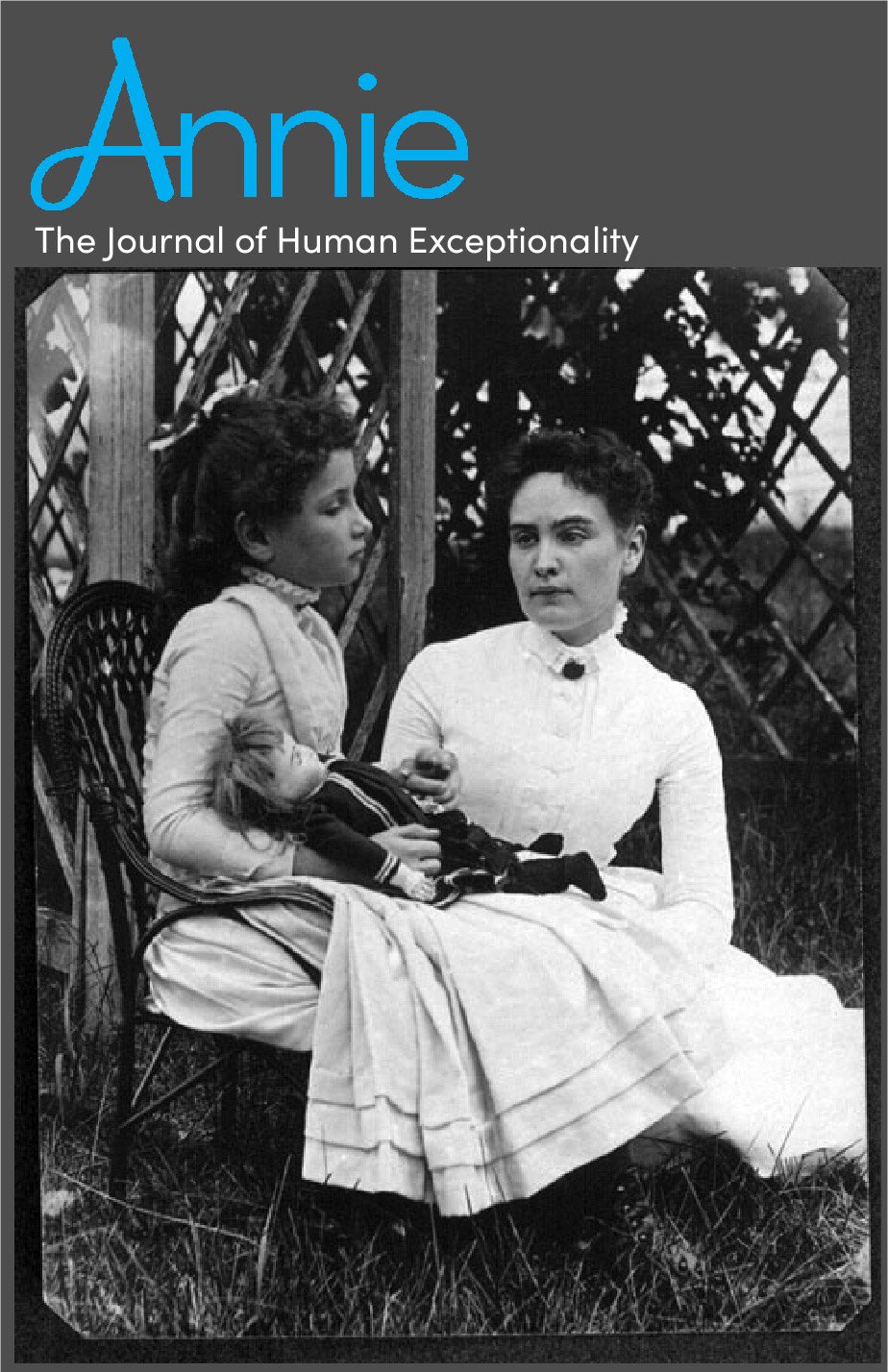Top Stories
FEATURED STORIES
Join AADMD to get early access to the latest articles.
On the Nobility of Incontinence
Incontinence provides a major obstacle for full participation, inclusion and engagement for people in the disability community.
The Firestorm of Rare Epilepsy: Our Girl’s Dreamless Nights
Our daughter never gets to dream; never gets to wake up with that carefree feeling of returning from an indescribable magical journey of dreams filled with flying unicorns.
Unlocking Behaviors: A “Simple” Introduction
When we understand that behavior is a form of communication, we learn that the person was never suffering in silence. We just didn’t understand what their behavior was communicating.
Building a Village of Support and Care for Individuals with Autism
At The Unumb Center, individuals with autism have access to pre-employment and socials skills, even if they do not receive ABA services from the clinic.
Artificial Intelligence, Machine Learning and the White Coats
I hope that until the day when AI and machine learning can incorporate that into their programs, that humans remain in charge and continue to exercise and pursue that most human of human qualities — acceptance and inclusion.
How a Dental Hygienist Became a Passionate Public Health Leader
For Jeannette Diaz, providing individualized care just like she would to any other person was fundamental.
Incarceration of People with Disabilities - Especially Those with Intellectual Disabilities
The Bureau of Justice Statistics published a report that across the entire incarcerated population, approximately 760,000 people with disabilities were living behind bars, including 550,000 people with intellectual disabilities.
The Physician-Direct Support Professional Relationship
Direct Support Professionals s are crucial to the health care needs of individuals with disabilities.
Using the Principles of Plain Language to Improve Knowledge Transfer and Facilitate Informed Decision Making
Presenting information in a well-organized manner will increase the audience’s understanding and use of new information.
Dancing the Neural Tango: Educational Outreach
Biomedical music protocols can assist people with motor, speech, and cognition challenges, including stroke, autism, dementia, traumatic brain injury, and many other diagnoses resulting from rehabilitation challenges due to trauma or disease and intellectual and/or developmental disabilities.
Random Workplace Observations: About the Critical Shortage of Direct Care Work
f there is a silver lining to this dreadful pandemic, it might be that the highest levels of government are now beginning to take notice of just how “essential” direct care workers are.
A Variation on a Theme
Perhaps Helen would have suggested that we name this journal, this forum intended to provide a better understanding of the disability experience, not after Helen, but after Anne Sullivan. The more I learn about Anne Sullivan, the more I think she would protest and demand that HELEN is the centerpiece of the masthead.
The Five Essential Concepts of Developmental Medicine: A Medical Paradigm for Persons with Developmental Disabilities
The major functions of the brain include memory and learning, control of motor function, control and routing of sensory input, and emotional regulation/control.
What Can Be Done to Reduce the Risk of Abuse?
Overcoming fear and inertia to create resiliency and empowerment in those most at risk of sexual abuse victimization: children and adults with intellectual and developmental disabilities and other disabilities.
The Beginning of Choosing Kindness
Here’s something I truly think would have an impact. If you get caught staring, smile and say, “I’m sorry for staring.” That’s it. That’s the beginning of choosing kindness. Smiling.
Diagnostic Overshadowing: The Pitfalls of Prejudicial Thinking
There are countless reasons patients go undiagnosed or misdiagnosed, and we are fortunate when we have the opportunity to identify and learn from the experience.
The Gathering of the Big Three
This was the first (and only) time the Presidents of the American Medical Association (AMA) and the American Dental Association (ADA) met to discuss the state of healthcare for people with intellectual and developmental disabilities and the role of organized medicine and dentistry.
Health Equity for People with IDD
AADMD members are advocating for change at levels ranging from the local to the federal to the galactic!
Aging & Dementia
People with Down syndrome have a very high risk of developing early onset Alzheimer’s disease due to their genetic predisposition of having an extra copy of chromosome 21, which leads to an early accumulation of beta amyloid protein in the brain.





























